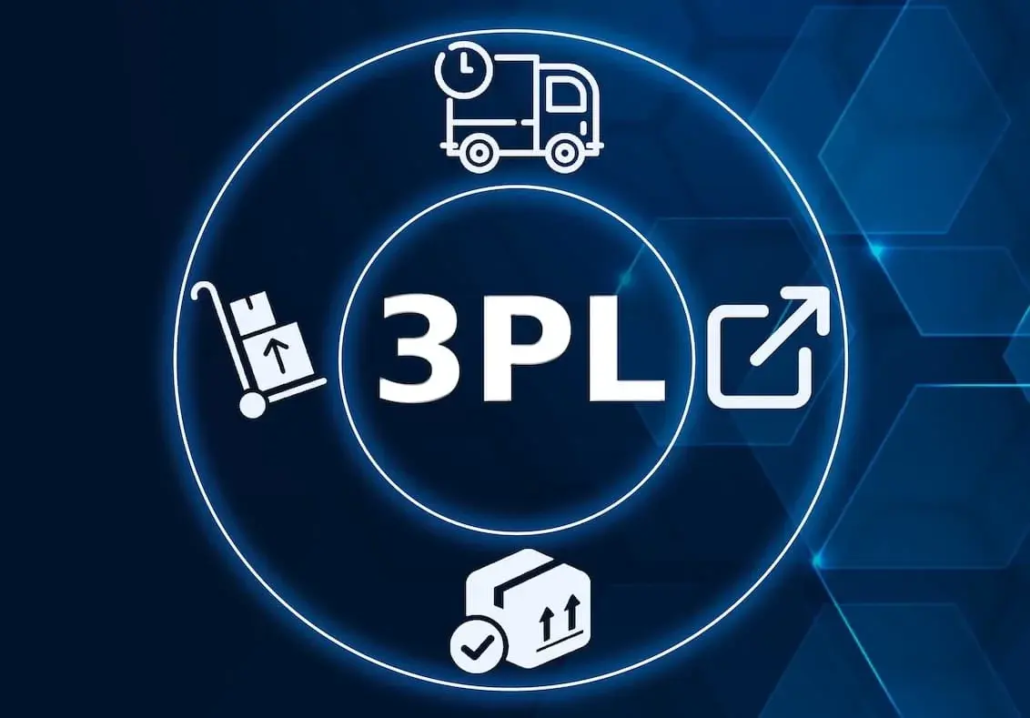Ultimate Guide To Choosing Logistics Providers

In today’s rapidly evolving global economy, logistics providers play a crucial role in ensuring the efficient movement of goods and services across supply chains. These specialized companies not only facilitate transportation but also encompass a range of services including warehousing, inventory management, and order fulfillment. As businesses increasingly rely on these providers to enhance their operational capabilities, understanding the landscape of logistics services becomes essential for companies aiming to thrive in a competitive marketplace.
The logistics industry is marked by innovation and adaptation, with advancements in technology driving improvements in efficiency and customer service. From the use of automated systems to track shipments in real time to the implementation of data analytics for optimized route planning, logistics providers are continuously evolving to meet the demands of modern commerce. This article will explore the various types of logistics providers, their key functions, and the critical role they play in facilitating smooth and effective supply chain operations.
Types of Logistics Providers
Logistics providers can generally be categorized into several types based on their services and operational scope. Third party logistics (3PL) providers are among the most common, offering a full suite of services that include transportation, warehousing, and distribution. They allow businesses to outsource their logistics operations which can lead to reduced costs and improved service levels. Another category includes freight forwarders, who specialize in organizing the shipment of goods, often handling customs documentation and compliance issues. Furthermore, dedicated contract carriers provide tailored transportation services, often used by businesses that require exclusive access to vehicles for their supply chain needs.

The Role of Technology in Logistics
Technology plays an integral role in streamlining logistics operations, enhancing visibility, and improving overall supply chain efficiency. Innovative tracking systems enable logistics providers to monitor shipments in real time, allowing companies to proactively address any disruptions. Data analytics are leveraged for optimized route planning, which not only reduces transportation costs but also minimizes delivery times. Especially in regions like Melbourne, where competition is fierce, partnering with Third Party Logistics Providers Melbourne can empower businesses to utilize these technological advancements effectively, ensuring they remain agile and responsive in a dynamic market.
In conclusion, logistics providers are indispensable to the seamless functioning of modern supply chains, offering a diverse array of services that cater to various business needs. As the industry continues to evolve, the integration of advanced technologies enhances not only operational efficiency but also customer satisfaction. Whether through the comprehensive capabilities of 3PL providers, the specialized focus of freight forwarders, or the tailored services of dedicated carriers, businesses can leverage these providers to navigate the complexities of global logistics. By embracing innovation and adapting to emerging trends, logistics providers position themselves as key partners for companies striving to gain a competitive edge, ultimately ensuring that goods move swiftly and efficiently from origin to destination. As such, understanding and selecting the right logistics partner is vital for businesses looking to optimize their supply chain and respond agilely to the ebb and flow of market demands.
